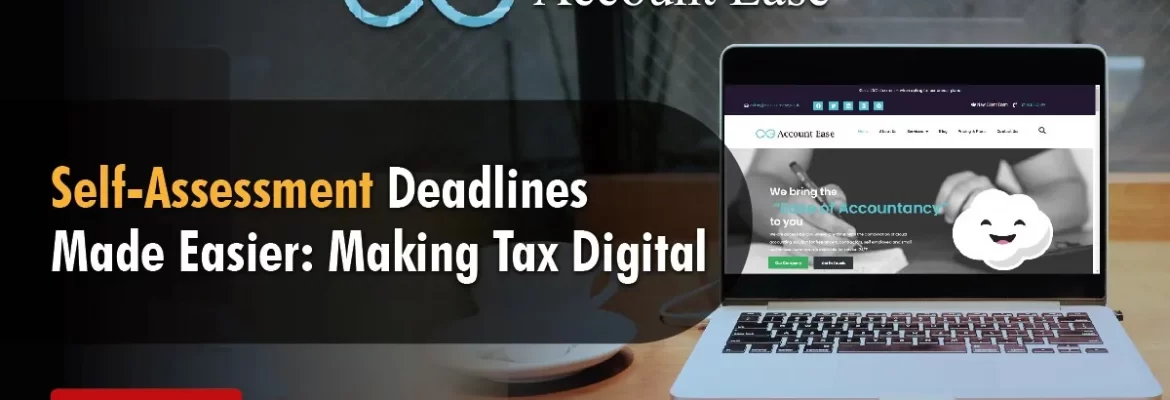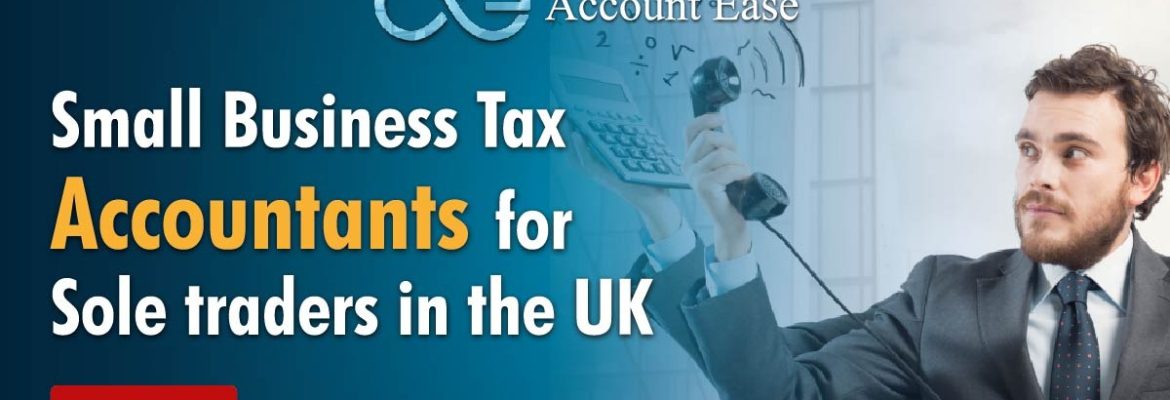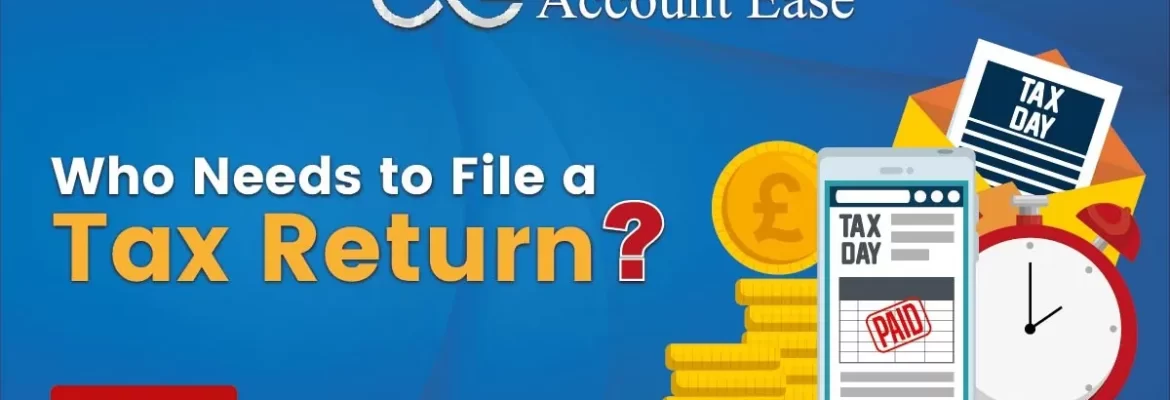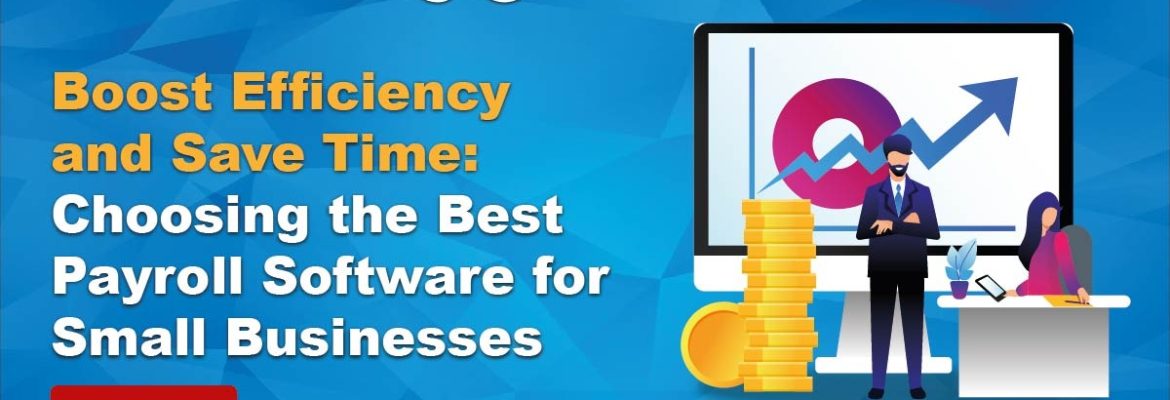If you are already self-employed, you will be aware of self-assessments and your self-assessment tax bill. Many find it a stressful part of being self-employed, having to keep on top of incomings and outgoings throughout the year to ensure you submit an accurate assessment. What makes this even more difficult is if you are used […]










